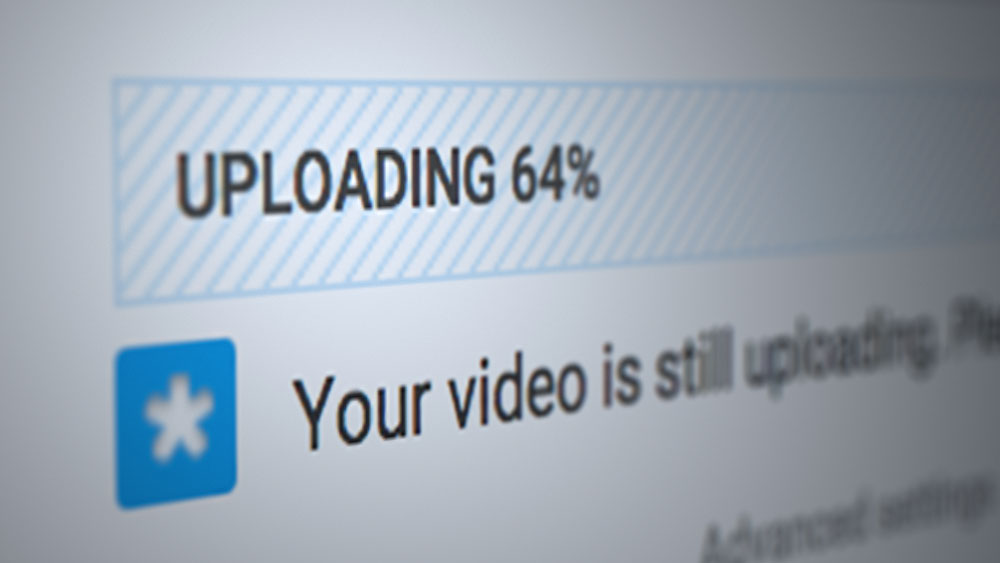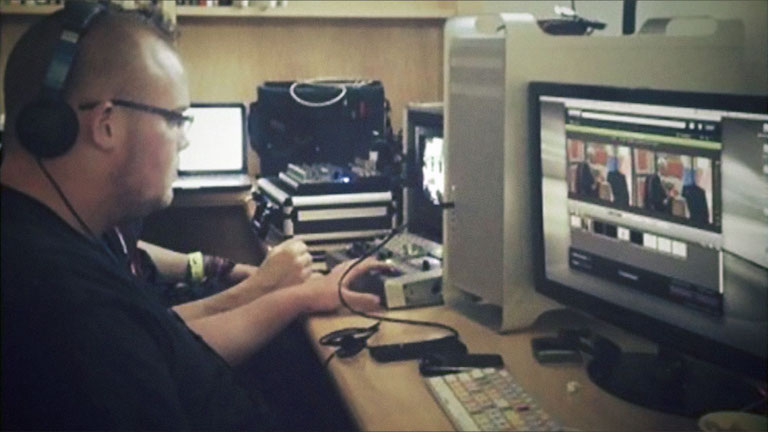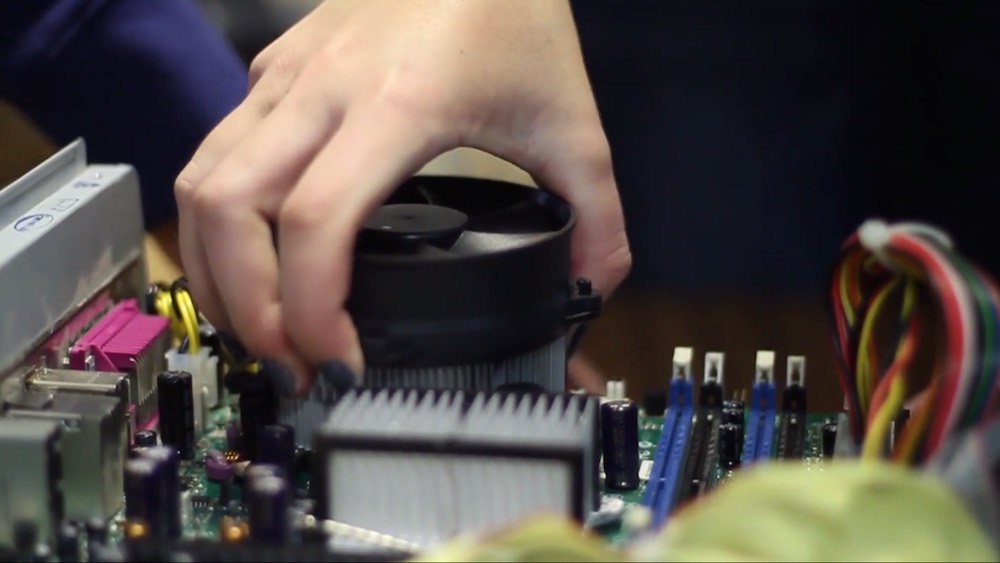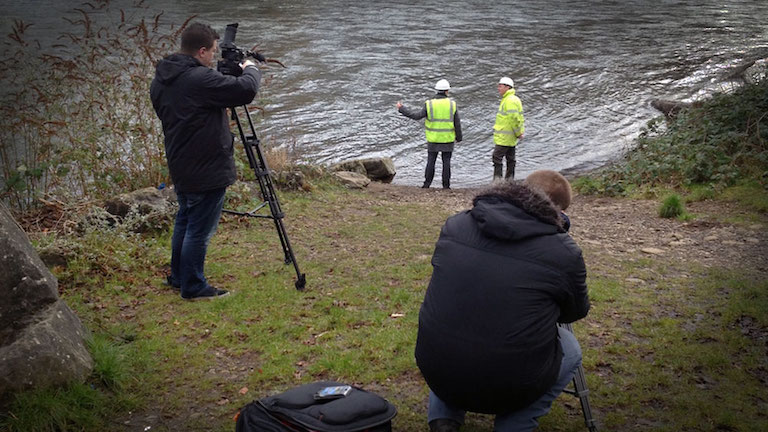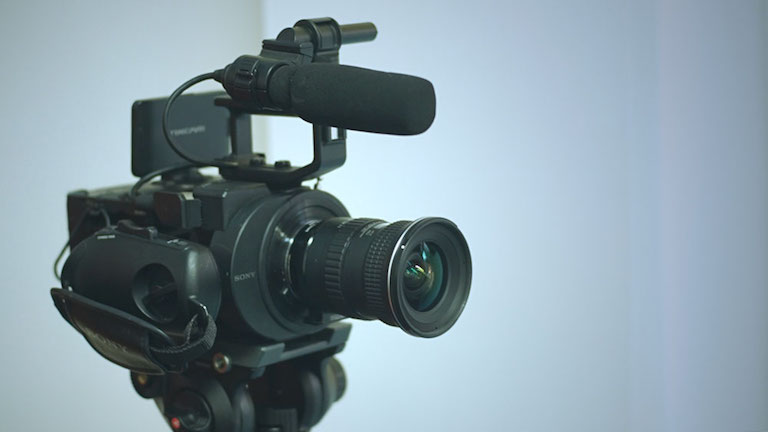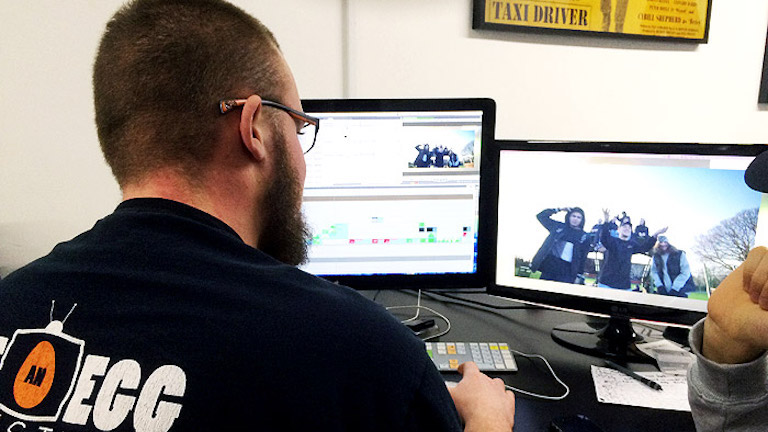
Post-production can take a long time. From the initial edit, feedback, alterations, sound mixing and colour grading, the entire process can take days or weeks to complete. In a tight schedule, an experienced editor can usually get the job done in the shortest time possible. But there’s one potentially lengthy process an editor’s skill won’t have any impact on. That process is transcoding.

